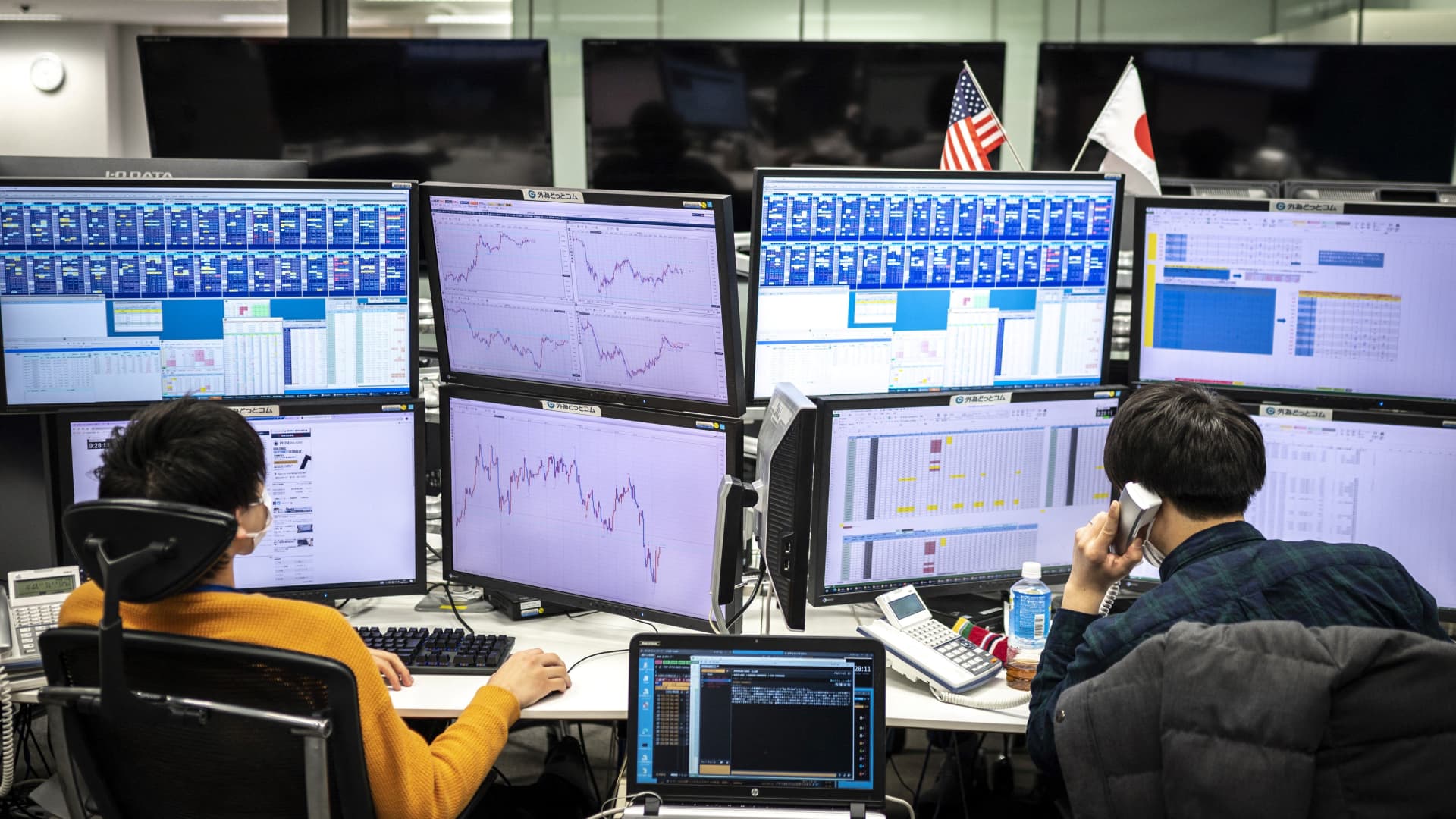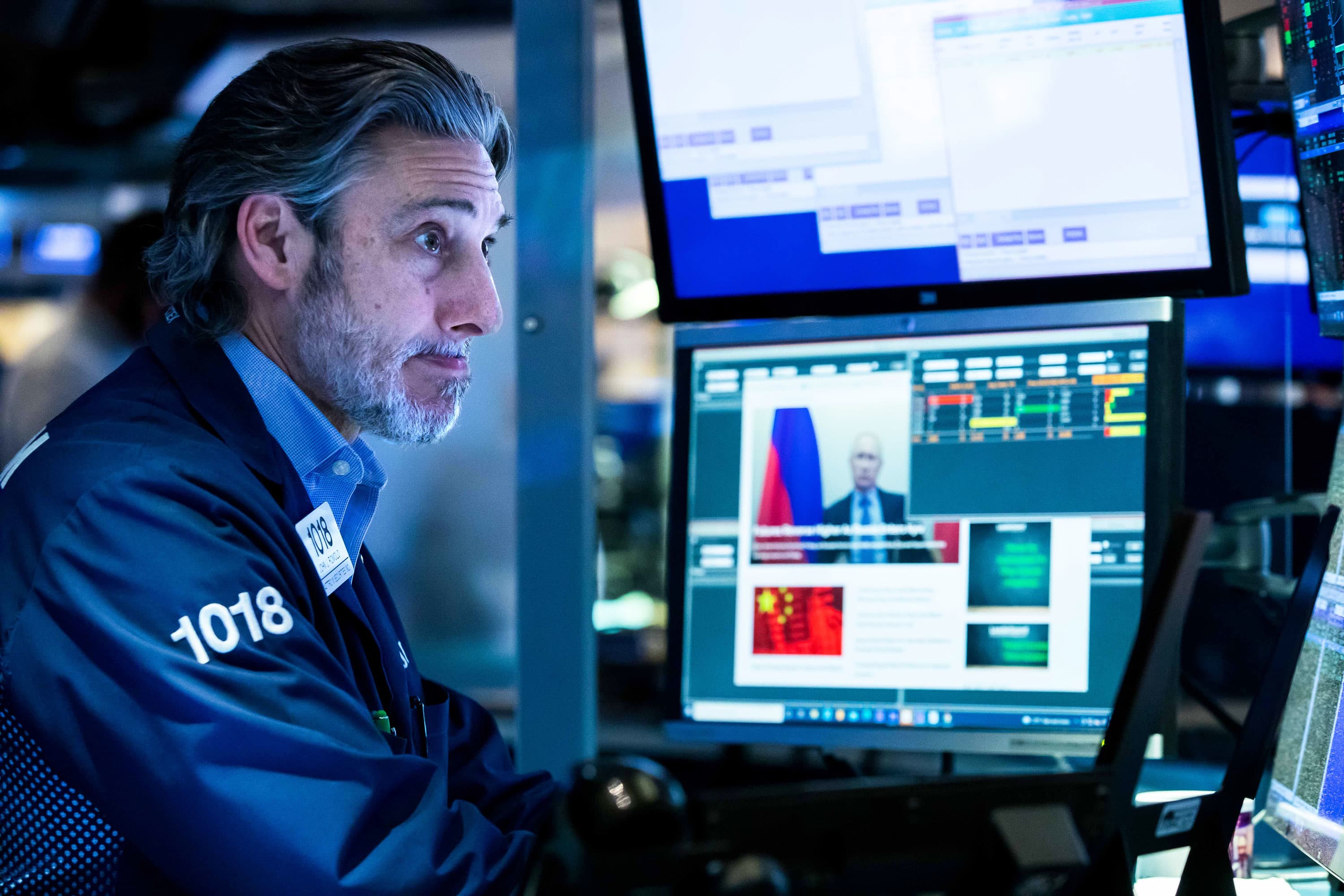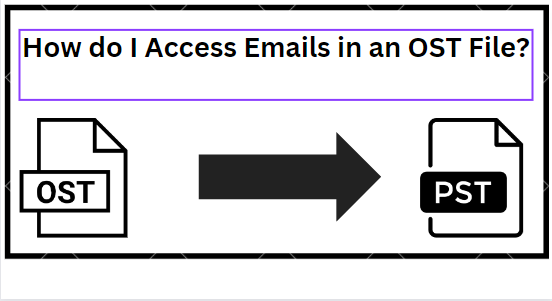Asia-Pacific stocks mixed as Australia announces rate hike that's larger than forecast
The Reserve Bank of Australia unexpectedly announced a 50 basis points increase in the cash rate on Tuesday to 0.85%.

I think it's still way too early to say that markets have bottomed ... If you're looking at the short-term, I'm pretty cautious. I think we could see more downside.
Shane Oliver
head of investment strategy, AMP Capital
"The market expectation and ours as well was that they wouldn't go as hard as this," Paul Bloxham, chief economist for Australia, New Zealand and global commodities at HSBC, told CNBC's "Capital Connection" on Tuesday.
"Obviously … the RBA is feeling pinched, they're feeling that the global inflation pressures are there, that it's arrived in Australia too and they're watching their colleagues offshore and fast moving pace of what other central banks are doing probably played a role as well," Bloxham said.
The Australian dollar momentarily jumped as high as $0.7245 but later retreated from those levels, last trading at $0.7198.
In other markets, mainland Chinese stocks closed mixed, with the Shanghai Composite up 0.17% to 3,241.76 while Shenzhen Component was mildly lower at 11,935.57. Hong Kong's Hang Seng index slipped 0.38%, as of its final hour of trading.
Over in South Korea, the Kospi fell 1.66% on the day to 2,626.34. The Nikkei 225 in Japan advanced 0.1% while the Topix index climbed 0.41%. MSCI's broadest index of Asia-Pacific stocks outside Japan slipped 1.01%.
Stock picks and investing trends from CNBC Pro:
The Japanese yen traded at 132.60 per dollar, still weaker than levels below 128 seen against the greenback last week.
The Japanese currency has struggled against the greenback for weeks as the Bank of Japan continues to adopt an ultra-easy monetary policy stance, a stark contrast to global peers such as the U.S. and UK where interest rates are rising as central banks seek to fight inflation.
U.S. 10-year yield rises above 3%
Tuesday's moves in Asia-Pacific markets came as the benchmark U.S. Treasury 10-year yield continued to hover above the 3% level, last sitting at 3.0473%.
"I think it's still way too early to say that markets have bottomed," Shane Oliver, head of investment strategy and chief economist at AMP Capital, told CNBC's "Street Signs Asia" on Tuesday. "If you're looking at the short-term, I'm pretty cautious. I think we could see more downside."
"We've seen bond yields pushing up again overnight or in fact, for the last week or so they've been pushing higher again. Yes, there's signs of a potential peak in U.S. inflation but other parts of the world, it's more tenuous and I'd rather see the oil price decisively top out before I get more confident about saying inflation has peaked as well," Oliver said.
The U.S. dollar index, which tracks the greenback against a basket of its peers, was at 102.652 after a recent bounce from below 102.
Oil prices were higher in the afternoon of Asia trading hours, with international benchmark Brent crude futures up 0.68% to $120.32 per barrel. U.S. crude futures climbed 0.69% to $119.32 per barrel.
Correction: This article was updated to correct the expected time for the Reserve Bank of Australia's interest rate decision as well as reflect the Asia-Pacific market moves on Tuesday.

 FrankLin
FrankLin 































